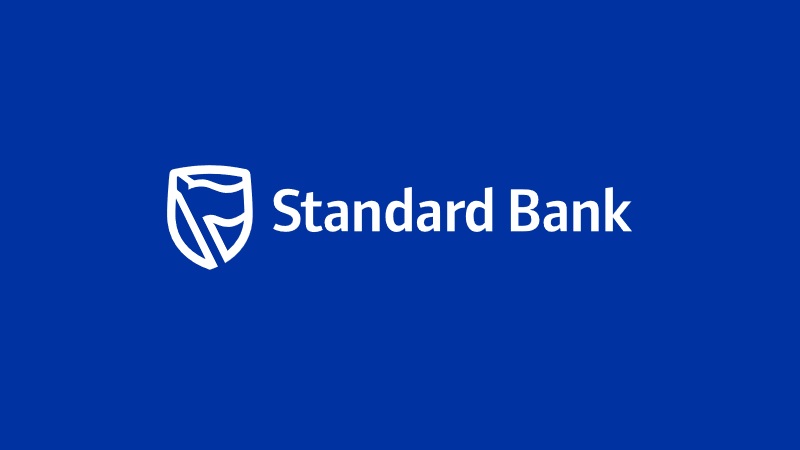Standard Bank has launched Unayo, a mobile money platform that offers banking solutions to phone users on the African continent.
The platform is a competitor to the likes of Vodacom’s M-Pesa and MTN’s MoMo platforms.
No ad to show here.
“Anyone with a cell phone number, agnostic of the mobile network operator, and handset technology, can receive value through the use of the Unayo solution and become part of the financial world,” Head of Unayo of Standard Bank, Wally Fisher, said in a statement.
Unayo is already operational in Malawi, Lesotho, eSwatini, and Botswana. Standard Bank will eventually launch it in other African countries.
In the first quarter of 2021, Unayo processed over 60 000 customer transactions.
“Business owners or individuals can create savings pockets for specific goals like education by opening transactional or business accounts,” Fisher explained.
“Unayo essentially solves for the higher and lower ends of the market value chain, by stimulating economic activity between the two ends, which will develop the economy.’”
What can you do with Standard Bank’s Unayo?
Unayo aims to cater to African communities with limited access to financial services. Transactions made using the platform are either free or attract minimal fees.
Clients can use the Unayo E-Wallet to collect wages and salaries, and transfer money to other mobile money accounts via EFT.
Unayo is available as both a smartphone app and USSD service.
Non-smartphone users can send USSD codes to complete account functions. These include sending and receiving money, as well as purchase goods and services from businesses.
Meanwhile, smartphone users can download the Unayo app on the Google Play Store, Apple App Store, or Huawei AppGallery.
Standard Bank offers three kinds of Unayo account:
- Lite account bundle (personal account)
- Pro account bundle (personal account)
- Merchant account bundle (business account)
Lite accounts are only available to USSD users while Pro accounts are available to both USSD and smartphone users.
The platform does not require users to visit physical Standard Bank branches to register and access it. Upon registration, they can choose to use identification features such as facial recognition.
To sign up for an account, clients must supply personal information such as their home address and submit identity documents.
Featured image: Standard Bank
Read more: MoneyTracker: Nedbank launches free online tool to track accounts and money
